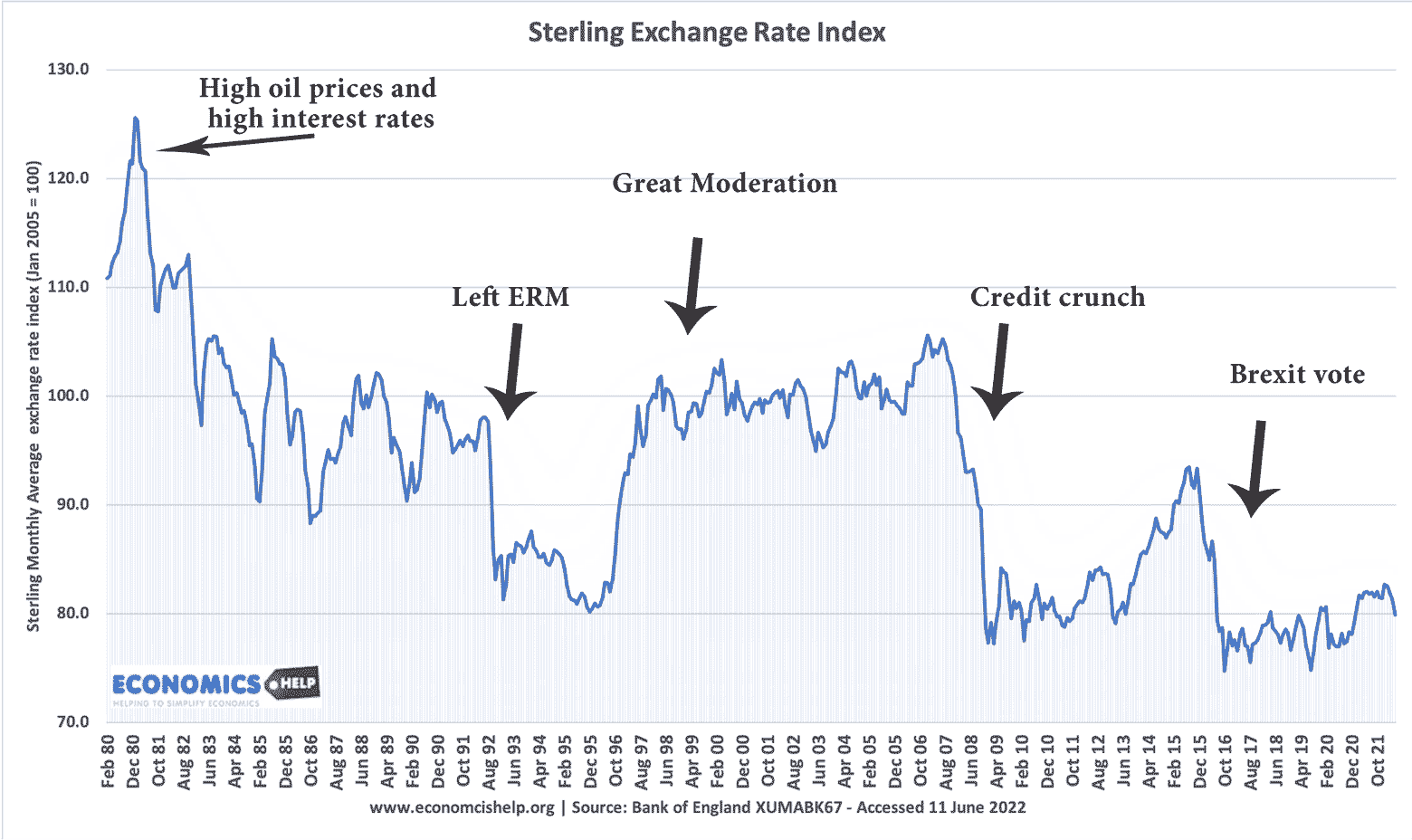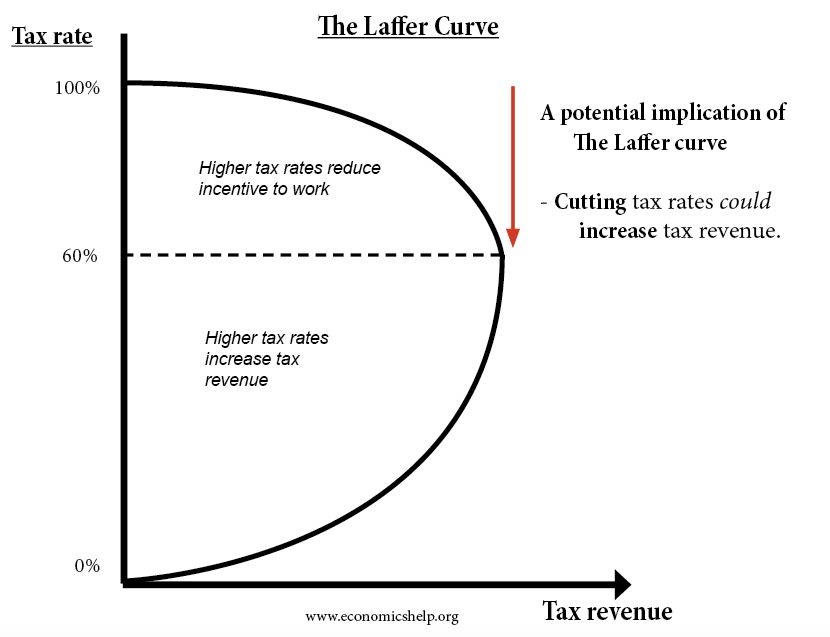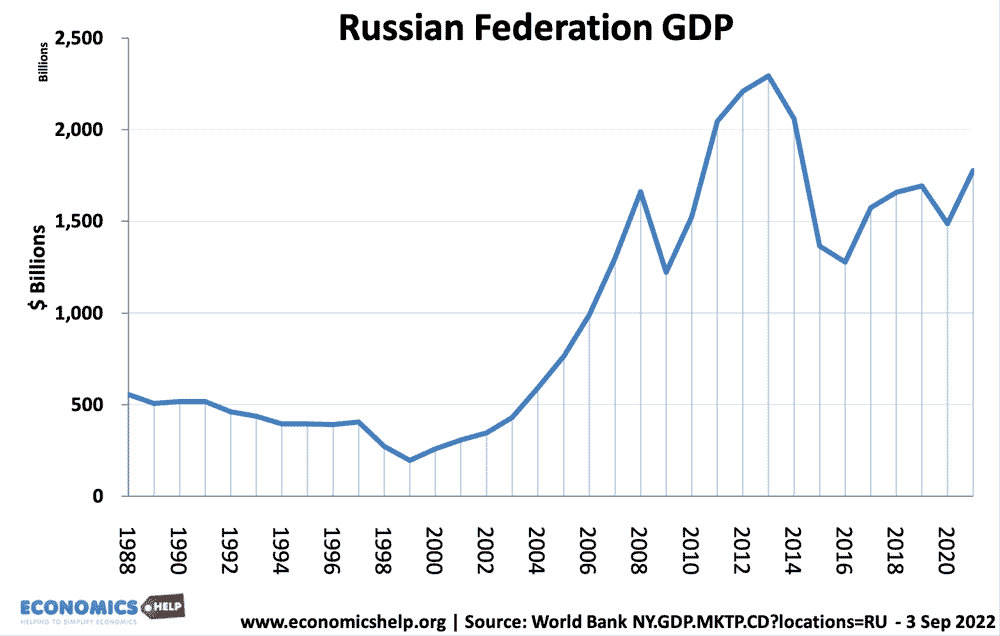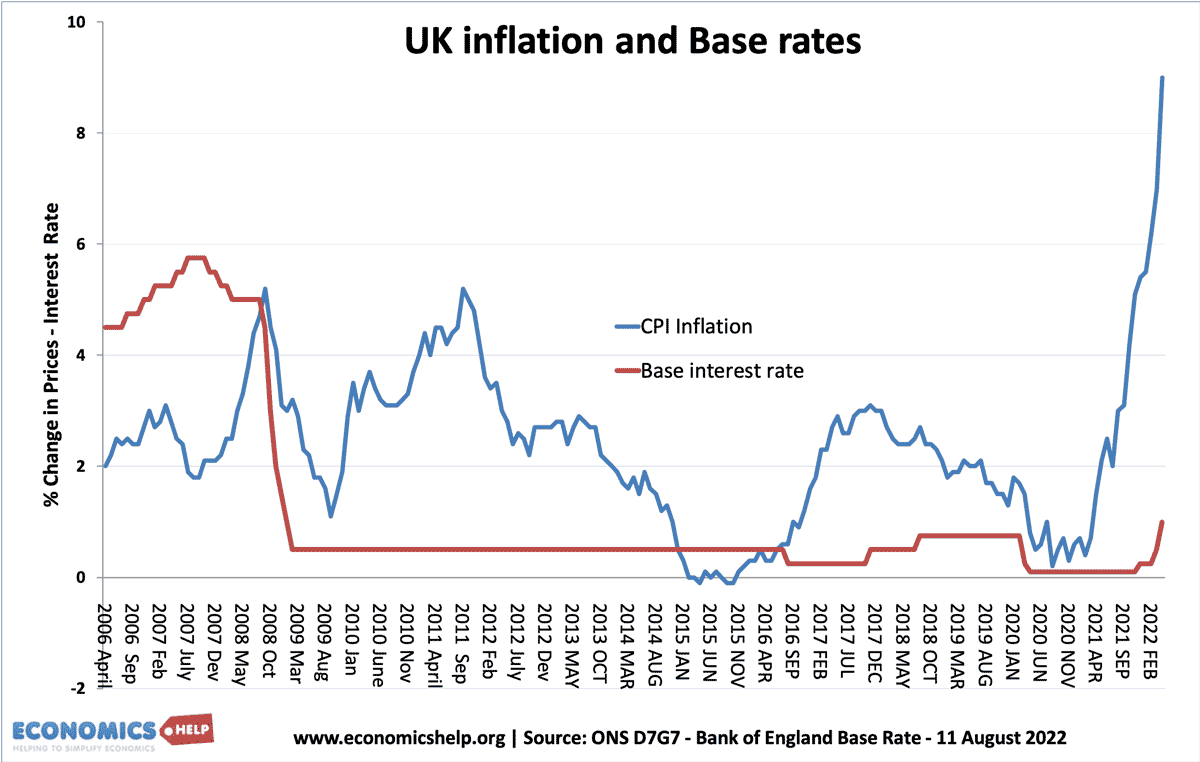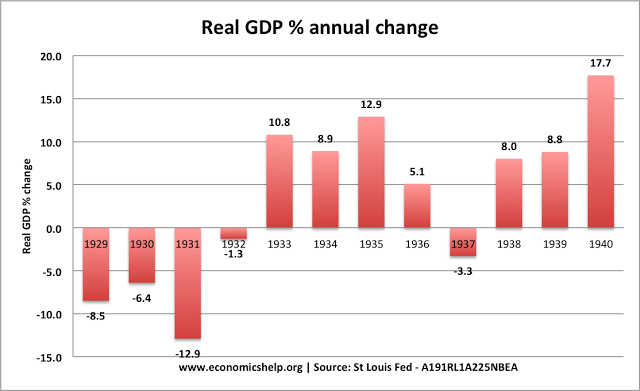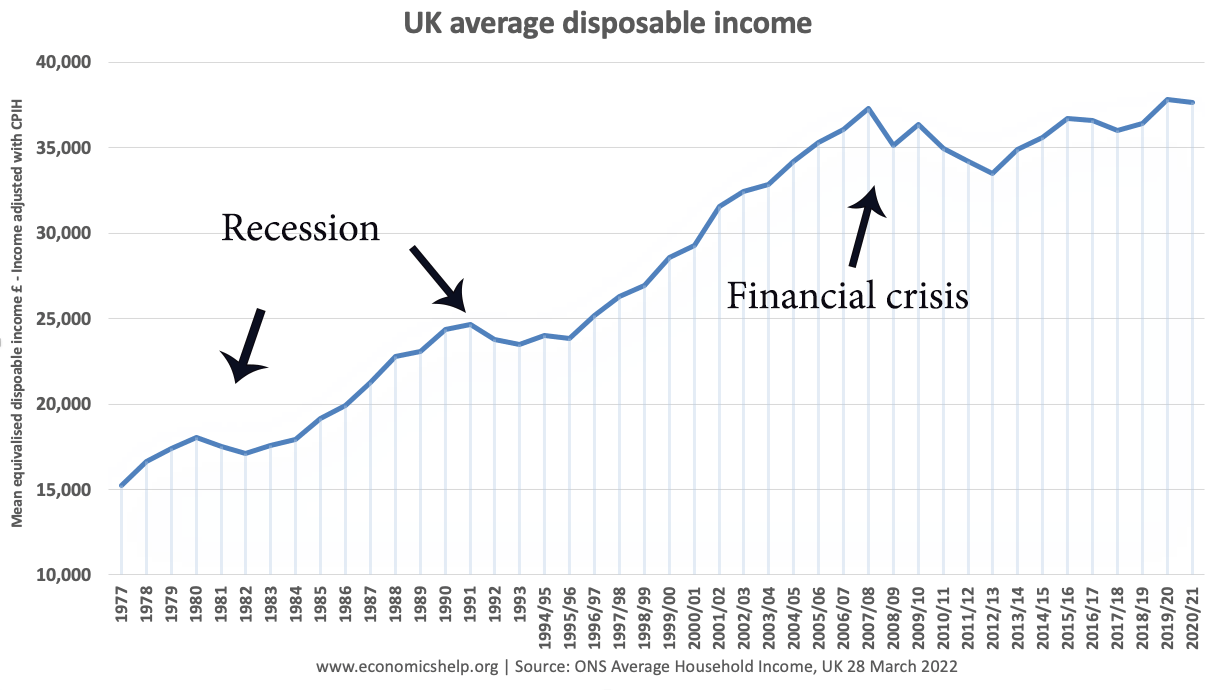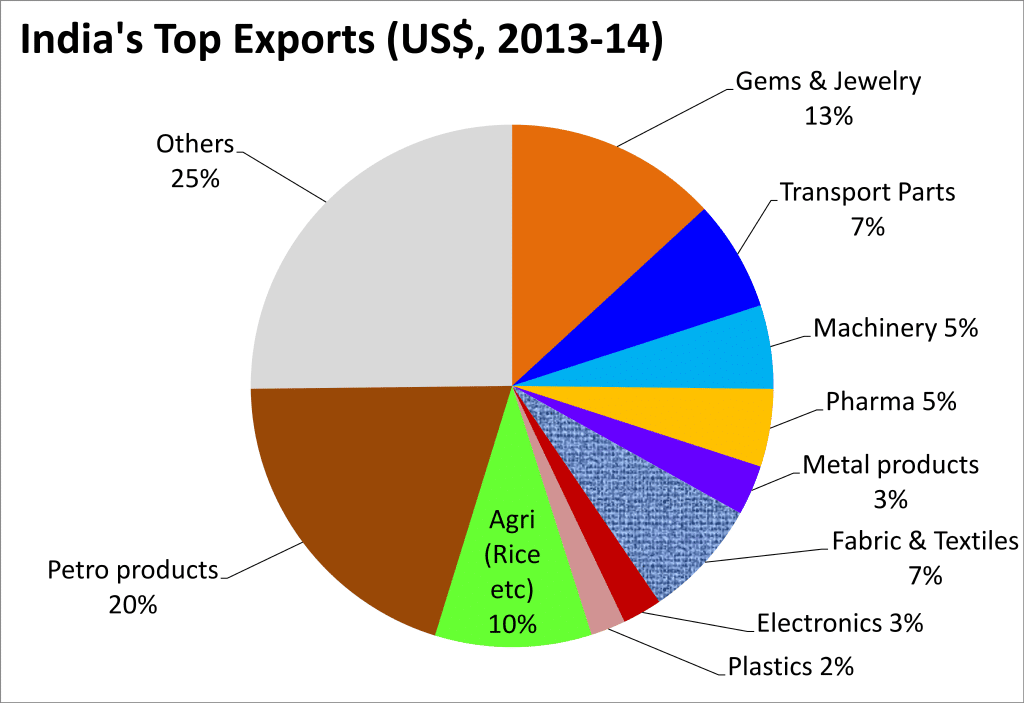Reasons for falling value of Pound Sterling
Why has the Pound Sterling been falling? The Pound has been in long term decline since after the Second World War, when £1 = $4.05. In recent decades the pound has continued to decline. In particular since the great financial crash of 2007, which hit the UK hard. In recent years, the combination of Brexit, …

